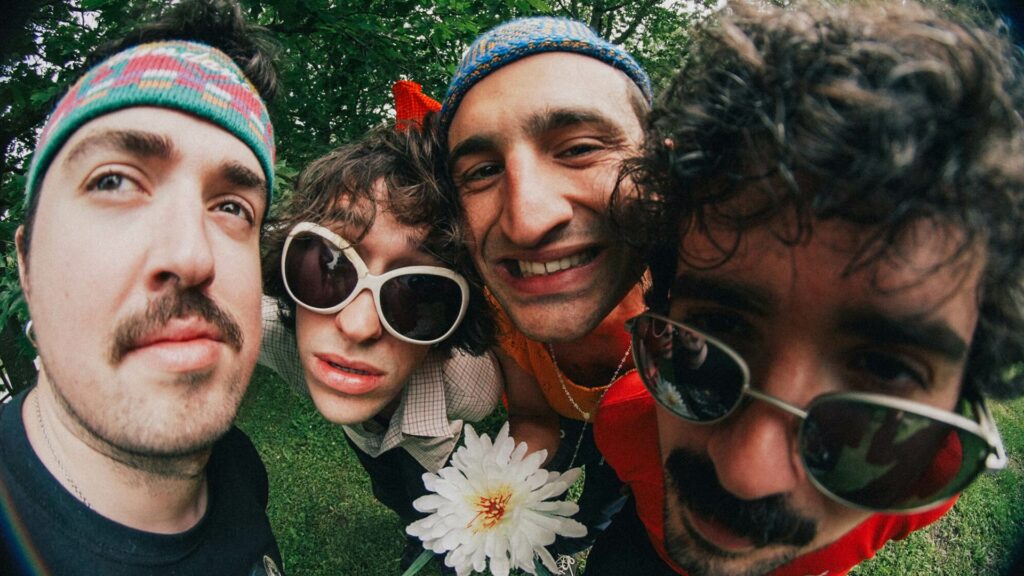It is a shame that our dearest planet has had to put up with all of its inhabitants little dirty habits. Well, I say little. But I mean big. Climate change might be one of the most talked about subjects today, and the race against humanity is turning out to be a difficult one. As partisans to the modern day living, we have our day to day habits fully engraved. Making it all that much harder to change the polluted ones into clean ones straight away. As they say – Rome wasn’t built in a day. I guess earth won’t be saved in one either.
So, it is up to all of us, to take to our own responsibilities and do our part for the wellbeing of our future home. It is also a relief when you see greater corporations/companies taking a serious turn toward a friendlier production, in regard to the environment. Such as festivals. The environmental impact comes in great scale from these events. Every year 23,500 tonnes of waste are generated by these, when you narrow down the footprint percentages of each and every doodah, the scary conclusions arise.
It is clear as day, that music lovers won’t allow this inconvenience to get in their way. That’s why, when festivals make a significant effort to bring their carbon emissions down, it is a highly appreciated endeavour.
The Openair Gampel festival has decided to act proactively on this topic of sustainability. The three day festival runs from the 17th – 20th August in the midst of the Swiss alps. Europe’s treasured landscape could be argued to be one of the best locations to hold such an event, giving it all the more importance to protect it’s humble abode.
Having implemented a series of measures they have managed to reduce their CO2 footprint notably. Should you be considering attending their four day party, do not fret, for your guilt will not be holding you hostage. With a diligent head of work they have encountered a reduction to a 42% of waste, a vast amount of volunteer workers, a convenient management of public transport (and increase in parking prices to avoid the use of extra use of vehicles) as well as the procuring of sustainable food stands.
Next story


